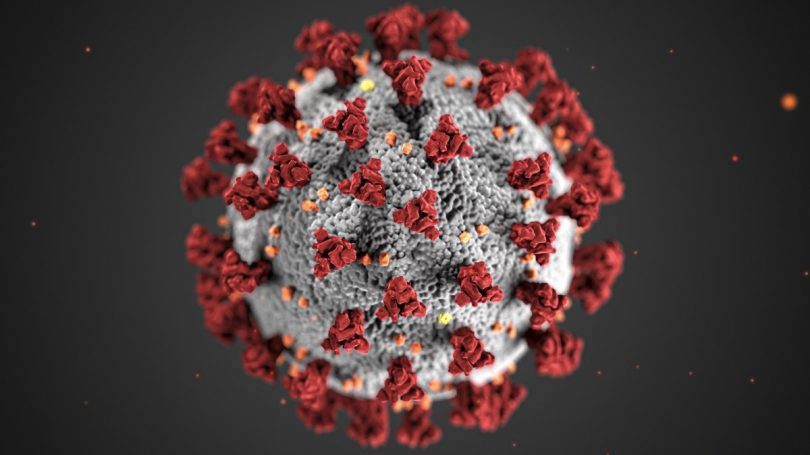Information surrounding COVID-19 has been all over the place; navigating it is reminiscent of traversing a maze in a dream. But among the virus’ well-established idiosyncrasies that have manifested repeatedly is the fact that “angiotensin-converting enzyme II (ACE2) is the cell receptor of SARS-CoV2 and the main route for receptor-mediated entry of the virus into the human host,” as a team of Canadian researchers recently pointed out. [1]
The researchers explain, “ACE2 expression in oral, lung, and intestinal epithelia may thus constitute important routes of SARS-CoV2 entry into hosts.” Such expression is associated with susceptibility and more serious disease. Reducing ACE2 expression means modulating receptors in gateway tissues.
Because of hemp’s anti-inflammatory properties and those of cannabidiol (CBD) in particular, CBD-rich extracts were considered potential allies in the fight against COVID-19 and the autoimmune inflammatory responses and cytokine storms it can trigger. The researchers developed “over 800 new Cannabis sativa lines and extracts” under a Health Canada research license. “Serendipitously,” the researchers reported, “cannabis may also affect ACE2.”
They used artificial human 3D tissues—EpiAirway™, EpiOral™, EpiIntestinal™—for airway, oral, and intestinal models.
In the first experiment, the researchers analyzed the effects of four extracts on ACE2 gene expression in EpiOral tissues using RNA sequencing (RNA-seq). Two of them “significantly down-regulated the levels of ACE2 transcript levels…” Spurred by these findings, the scientists proceeded with nine extracts on EpiOral tissues, three of which proved effective. Moreover, two of those three extracts and another three “significantly (p<0.05) down-regulated” the levels of ACE2 protein in tissue.
The researchers continued building on this, testing 10 extracts on EpiAirway tissues. Four of them “significantly (p<0.05) down-regulate[d]” ACE2 levels.
As for the EpiIntestinal tissues, one of the tested extracts “significantly down-regulated the levels of ACE2 mRNA.” Four other extracts achieved the same, confirmed by reduced ACE2 protein levels.
In total, 13 high-CBD extracts proved effective against ACE2. The researchers also note that the extracts produced anti-inflammatory effects on all three tissues.
Besides ACE2, they point out another line of attack for COVID-19—TMPRSS2 (transmembrane protease, serine 2).
“While ACE2 is the receptor for viral entry, TMPRSS2 primes viral spike proteins, and is therefore crucial for SARS-CoV2 entry into host cells.”
Hemp extracts may serve yet another line of defense. The researchers found that several of their extracts down-regulated TMPRSS2 expression in the oral and intestinal tissues. They also cite a recent influential study [2] where TMPRSS2 inhibitors blocked virus entry.
These results are more than promising. Considering the constant, multi-level battle against COVID-19, every ally is more than welcome, especially when the ally “can be used to develop easy-to-use preventative treatments in the form of mouthwash and throat gargle products for both clinical and at-home use.”
References:
- Wang B, et al. In search of preventative strategies: Novel anti-inflammatory high-CBD Cannabis sativa extracts modulate ACE2 expression in COVID-19 gateway tissues. Aging. 2020;12(22):22425–22444. [Impact Factor: 4.831; Times Cited = 16]
- Hoffmann M, et al. SARS-CoV-2 Cell entry depends on ACE2 and TMPRSS2 and is blocked by a clinically proven protease inhibitor. Cell. 2020;181(2):271-280. [Impact Factor: 38.637; Times Cited: 5,261 (Semantic Scholar)]
Image Credit: Tmaximumge / PxHere








